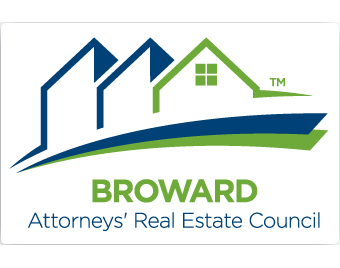You can’t escape the story! Billionaire David Geffen, 82, files for divorce from David Armstrong, 32, after less than 2 years of marriage. Of course, there was no prenup!
So, what can we learn from this Oscar-worthy divorce drama?
Now, depending on where the divorcing duo resided would determine how the court would handle the asset distribution.
There are 9 community property states (Arizona, California, Idaho, Louisiana, Nevada, New Mexico, Texas, Washington, and Wisconsin) where upon divorce, assets and debts acquired during the marriage are typically divided equally between the spouses, regardless of who earned or acquired them.
This contrasts with common law states, where assets are generally owned by the spouse who acquired them unless explicitly held jointly and the division of assets is based on fairness.
Florida is a common law state, and during a divorce, property is divided fairly, but not necessarily equally, between the spouses. In common law states, marital property is owned individually by the spouse who acquired it, unlike in community property states where assets are generally considered jointly owned by both spouses as soon as their married (yikes!).
So, now that we know the difference between community and common law states, we can discuss the Florida Community Property Trust (CPT).
The Community Property Trust Act of the Florida Statutes provides married Floridians the ability to establish this joint revocable trust to emulate the benefits of community property treatment (mostly the double step-up in basis at the first spouse’s death) even though Florida is a common law (non-community property) state.
However, the statute giveth and statute taketh away. There is a trade-off in the potential loss of asset protection for non-homestead property placed in the CPT.
Yes, in Florida, property owned by spouses as tenants by the entirety (TBE) gets a high degree of creditor protection. A creditor of only one spouse generally cannot reach TBE property. This applies to jointly titled bank accounts, real estate, and other jointly owned assets.
However, the CPT destroys the TBE status (like video killed the radio star).
Also, assets in a CPT are converted to community property and in the event of a divorce, all assets of the CPT are distributed equally to the spouses regardless of what’s “fair”.
Finally, the Community Property Trust Act is a Florida Statute and at this time, the IRS has not definitively stated its position on the CPT, particularly regarding the step-up basis for capital gains tax.
But, even if the IRS doesn’t like the CPT, a married couple is in no worse position by funding the CPT with a property. If the full step-up in basis is successfully challenged by the IRS, then the couple would be in the same position as not having moved the property to the CPT.
So, there you have it.
We learn that the Florida Community Property Trust is a cool tool that may provide significant income tax advantages through a full step-up in basis, but we must also consider a potential asset protection problem, particularly for non-homestead property.
With that said, the CPT may be a good planning tool for older individuals in a long-term marriage, whose home has highly appreciated since it was purchased many years ago.
We also learn that a good prenuptial or postnuptial agreement is underrated (can I get a witness??).







The information on this website is for general information purposes only. Nothing on this site should be taken as legal advice for any individual case or situation.
This information is not intended to create, and receipt or viewing does not constitute, an attorney-client relationship.
© 2025 The Law Offices of Odelia Goldberg. All Rights Reserved. Privacy Policy. Web Development by IWD Marketing